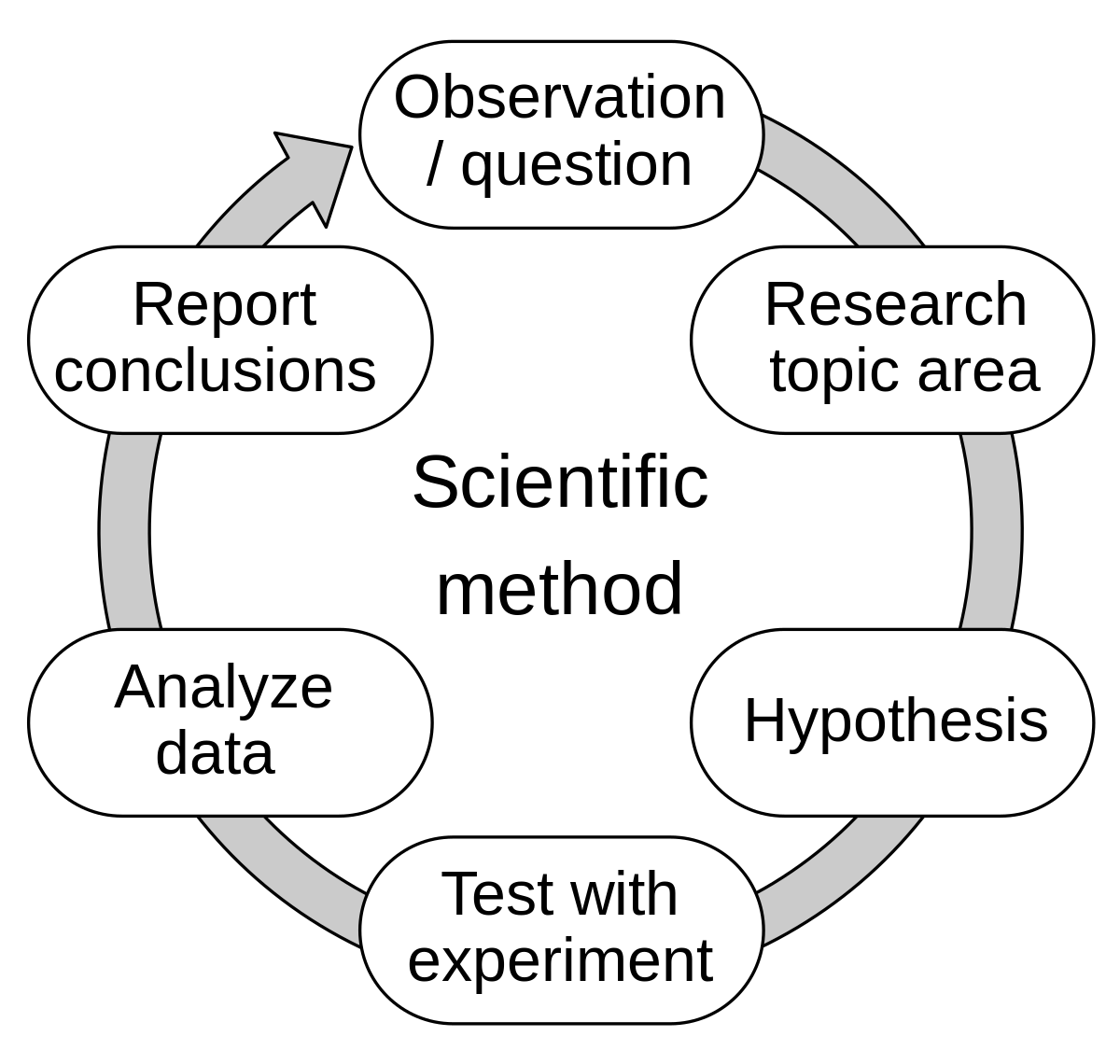In this ever-advancing digital world, unwanted calls are an ever-growing nuisance. Unknown to most people, these calls exert immense psychological pr
In this ever-advancing digital world, unwanted calls are an ever-growing nuisance. Unknown to most people, these calls exert immense psychological pressure on our minds. From the initial surprise to the lasting stress, we untangle the complex emotions and cognitive effects of unsolicited calls.
Let’s break down the psychology behind these disruptions, providing valuable insights into their impact and simple strategies to navigate our fast-paced digital world.
Immediate Reactions to Unsolicited Calls
Unwanted calls swiftly provoke strong immediate reactions, creating a disruptive wave in the flow of daily life. The unexpected ring induces a surge of surprise and irritation, penetrating personal space and causing a tangible sense of frustration.
These immediate responses are not merely fleeting; they serve as the foundation for a broader psychological impact. Recognizing and delving into these prompt reactions are essential for comprehending how individuals wrestle with the intrusion of unsolicited calls.
This insight unveils the initial emotional and cognitive layers, underscoring the urgency to navigate and conquer this pervasive challenge in modern communication.
Short-term Psychological Effects
Unwanted calls not only disrupt your daily life but also have a profound and negative impact on your mental well-being. These incessant interruptions go beyond mere annoyance; they create a pervasive sense of intrusion that elevates stress and anxiety levels.
The constant ambiguity surrounding the caller’s intentions undermines your trust in phone communications, leaving you wary and skeptical. Dealing with these calls is more than a nuisance – it’s a drain on your valuable time and energy, fostering frustration and resentment, especially when scams are involved.
The cognitive disruption caused by these interruptions doesn’t just affect your concentration; it actively heightens stress.
Coping Mechanisms
Here are several effective coping mechanisms to deal with unsolicited calls:
- Call Blocking Apps: Utilize call-blocking applications or features on your smartphone to automatically filter out known spam or unwanted numbers.
- National Do Not Call Registry: Register your number with the National Do Not Call Registry (where applicable) to reduce the frequency of legitimate telemarketing calls.
- Screening Calls: Let calls from unknown numbers go to voicemail and return the call if it’s essential. Legitimate callers will often leave a message.
- Report and Block: Report spam calls to your mobile carrier or relevant authorities. Additionally, block persistent unwanted numbers on your phone.
Legal and Regulatory Framework
Global legal frameworks are staunch defenders against the intrusion of unsolicited calls. In the U.S., the formidable Telephone Consumer Protection Act (TCPA) stands guard, not only restricting telemarketing but delivering hefty fines for those who breach its boundaries.
The European Union, fortified by the General Data Protection Regulation (GDPR), takes a proactive stance by demanding consent and erecting a shield against unauthorized calls.
In Canada, the Anti-Spam Legislation (CASL) serves as a vigilant guardian, overseeing electronic communications and ensuring that unsolicited calls are kept at bay. India, through its Telecom Regulatory Authority (TRAI), empowers citizens with the National Do Not Call Registry.
The robust penalties enforced globally underscore an unwavering commitment to safeguard consumer privacy and decisively quash the vexation of unsolicited calls.
Conclusion
Delving into the complexities of unsolicited calls reveals a profound psychological toll, surpassing mere annoyance. The stress and intrusion inflicted by these unwarranted interruptions disrupt the very fabric of daily life.
Recognizing these effects is not just important but urgent, driving the need for robust coping mechanisms and a fervent call for enhanced regulatory measures.
It is through our collective efforts, addressing the deep-seated psychological impact and reinforcing legal frameworks, that we can actively reclaim control, fortify privacy, and usher in a renewed sense of peace in our ever-connected world.


COMMENTS